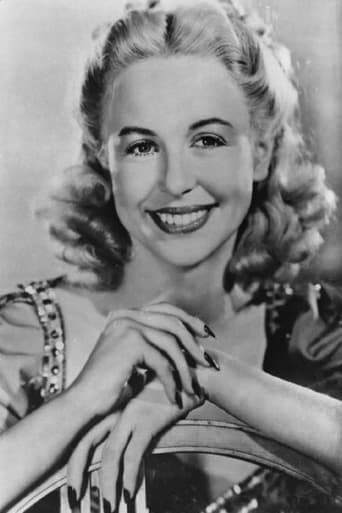Blaironit
Excellent film with a gripping story!
Aubrey Hackett
While it is a pity that the story wasn't told with more visual finesse, this is trivial compared to our real-world problems. It takes a good movie to put that into perspective.
Brennan Camacho
Mostly, the movie is committed to the value of a good time.
Cristal
The movie really just wants to entertain people.
malcolmgsw
Fortunately in the 1930s Pathescope issued a number of abridged versions of British Lion films for the 9.5mm home movie market.If they had not then this film would have been lost like many of British Lion's pre war films.Although this film is truncated down to 52 minutes and a number of acts and artists are not in this version,what we do get to see is the marvellous orchestra of Bert Ambrose.It was generally acknowledged that he was the number one bandleader in this country.He concludes the film with a fantastic version of "Limehouse Blues".There isn't any real story to this film it has probably been eliminated.Just a succession of variety artists plus Ambrose.Of note is a short view of the immortal Wilson Betty and Keppel.
kinekrom
This is a minor gem, perhaps the best of the genre of variety films made in Britain in the 1930s. As was common with such films, the connecting story is slight. The comedy duo the Western Brothers acquire a television set, and view the selection of variety acts on offer. These include dance band favourites Ambrose and his Orchestra, top singers such as Elisabeth Welch (singing a wrenching "Yesterday's Thrill"), Turner Layton and Evelyn Dall, and the comedians Harry Tate and Billy Bennett. But it is the more bizarre acts that make this film one to catch if you possibly can (prints are fantastically rare), including Jimmy Fletcher singing the hyper-maudlin "It's My Mother's Birthday Today" with cockney harmonica band in tow; the indescribably odd The Five Charladies; and best of all the incomparable Wilson, Keppel and Betty, performing an Egyptian dance routine to a terrific score which even manages to bring in a Scottish skirl, and has at its heart a section with a tap-dancing Gandhi which just boggles the mind. Herbert Smith, past master at directing this sort of revue film, holds it all together beautifully, and there is a touch of wistfulness as well as exuberance about the film. Variety was never so various, nor so much fun.
